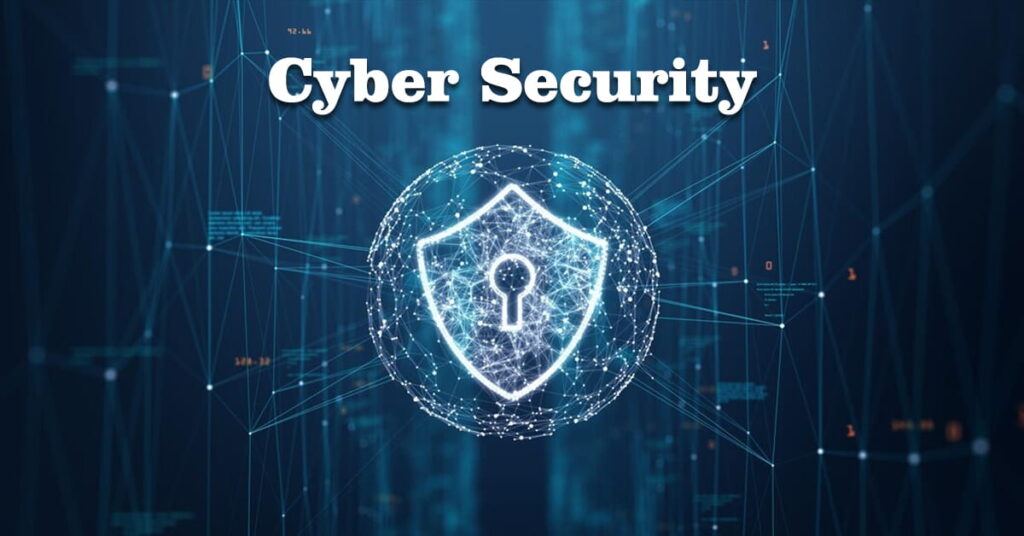Cyber Security
A Cyber Security course delves into the critical aspects of protecting computer systems, networks, and digital information from theft, damage, unauthorized access, and other cyber threats. It equips individuals with the knowledge and skills to identify vulnerabilities, implement security measures, respond to incidents, and maintain the confidentiality, integrity, and availability of data.
Here’s a breakdown of what a typical Cyber Security course might cover:
Core Concepts:
- Fundamentals of Security: Introduction to security principles, concepts like the CIA triad (Confidentiality, Integrity, Availability), security models, and basic security terminology.
- Network Security: Covers network infrastructure security, firewalls, intrusion detection and prevention systems (IDPS), VPNs, wireless security, and network protocols.
- Cryptography: Explores the principles and applications of encryption, hashing, digital signatures, and public key infrastructure (PKI).
- Operating System Security: Focuses on securing various operating systems (like Windows and Linux), user access controls, patch management, and hardening techniques.
- Web Security: Addresses common web application vulnerabilities (like SQL injection and cross-site scripting), web server security, and secure development practices.
- Database Security: Covers methods for securing databases, access controls, preventing data breaches, and ensuring data integrity.
- Risk Management: Introduces the processes of identifying, assessing, treating, and monitoring security risks.
- Security Policies and Procedures: Focuses on developing and implementing effective security policies, standards, and guidelines.
- Incident Response and Disaster Recovery: Covers the steps involved in detecting, analyzing, responding to, and recovering from security incidents and disasters.
- Cyber Law and Ethics: Explores legal frameworks related to cybercrime, data privacy regulations, and ethical considerations in cybersecurity.
Potential Specializations and Advanced Topics:
- Ethical Hacking and Penetration Testing: Techniques for identifying vulnerabilities in systems and networks through simulated attacks.
- Digital Forensics: The process of collecting, preserving, analyzing, and reporting digital evidence for legal purposes.
- Malware Analysis: Understanding the behavior and characteristics of malicious software to develop defenses.
- Cloud Security: Securing data, applications, and infrastructure in cloud computing environments.
- Mobile Security: Addressing security challenges specific to mobile devices and applications.
- Industrial Control Systems (ICS) Security: Protecting critical infrastructure systems from cyber threats.
- Security Governance and Compliance: Focuses on frameworks and regulations like GDPR, HIPAA, and ISO 27001.
- Security Information and Event Management (SIEM): Using SIEM tools for real-time analysis of security alerts and event logs.
- Threat Intelligence: Gathering and analyzing information about potential cyber threats to proactively defend against them.
Learning Outcomes:
Upon completing a Cyber Security course, individuals should be able to:
- Understand fundamental cybersecurity concepts and principles.
- Identify and analyze common security threats and vulnerabilities.
- Implement and manage various security controls and technologies.
- Develop and enforce security policies and procedures.
- Respond effectively to security incidents.
- Apply ethical and legal principles in cybersecurity practices.
- Understand the importance of risk management and security governance.
Course Formats:
Cyber Security courses are offered in various formats, including:
- Undergraduate and Graduate Degree Programs: Comprehensive programs leading to Bachelor’s or Master’s degrees in Cyber Security or related fields.
- Diploma and Certificate Programs: Shorter, focused programs providing specific cybersecurity skills.
- Online Courses and Bootcamps: Flexible learning options for individuals seeking to enter or advance in the cybersecurity field.
- Industry Certifications: Vendor-neutral and vendor-specific certifications (e.g., CompTIA Security+, CISSP, CEH) that validate cybersecurity knowledge and skills.
The specific content and focus of a Cyber Security course will vary depending on the level, duration, and provider of the course. However, the overarching goal is to equip individuals with the necessary skills to protect the digital world.

Cyber Security Course - Frequently Asked Questions
Cybersecurity is the practice of protecting computer systems, networks, and digital information from malicious attacks, theft, damage, or unauthorized access. It involves technologies, processes, and practices designed to ensure the confidentiality, integrity, and availability of data.
In today’s digital world, individuals, businesses, and governments rely heavily on interconnected systems. Cybersecurity is crucial for:
- Protecting sensitive personal and financial data.
- Preventing business disruptions and financial losses.
- Safeguarding critical infrastructure.
- Maintaining trust and reputation.
- Combating cybercrime.
The prerequisites can vary depending on the level and focus of the course. Generally, some basic understanding of the following is helpful:
- Basic Computer Skills: Familiarity with operating systems (Windows, Linux), file management, and basic software applications.
- Networking Fundamentals: Understanding of network concepts like TCP/IP, DNS, and the internet.
- Awareness of Cyber Threats: Basic knowledge of common threats like viruses, malware, and phishing.
- Problem-Solving Skills: Analytical and logical thinking to identify and resolve security issues.
Some advanced courses might require programming skills (e.g., Python) or prior experience in IT or networking.
As detailed in the previous description, a Cyber Security course typically covers:
- Fundamentals of Security
- Network Security
- Cryptography
- Operating System Security
- Web Security
- Database Security
- Risk Management
- Security Policies and Procedures
- Incident Response and Disaster Recovery
- Cyber Law and Ethics
More specialized courses will delve deeper into areas like ethical hacking, digital forensics, cloud security, etc.
The duration of a Cyber Security course can vary significantly:
- Certificate Courses: A few months to a year.
- Diploma Courses: 1-2 years.
- Bachelor’s Degrees: 3-4 years.
- Master’s Degrees: 2 years.
- Online Bootcamps: Several weeks to a few months of intensive study.
Cyber Security with practical and hands-on training.
